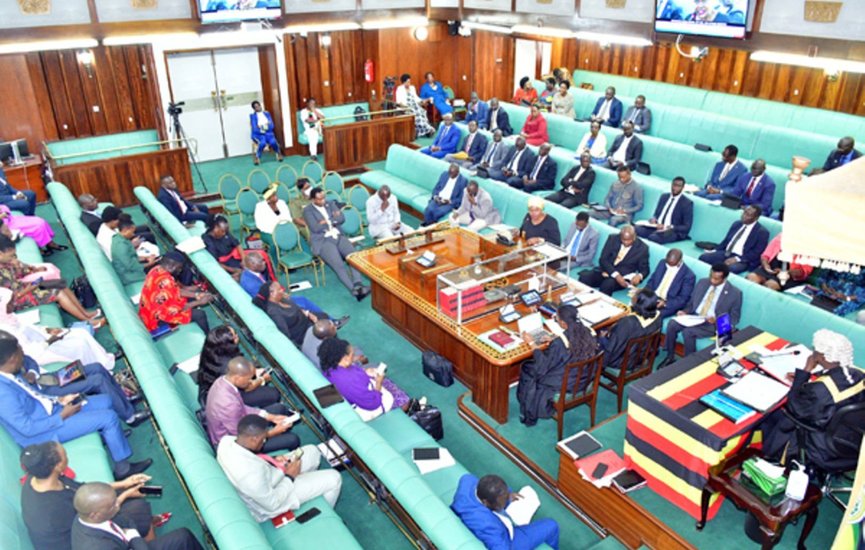Members of Parliament from the ruling National Resistance Movement (NRM) caucus have approved the creation of Tororo City and four new districts Mukuju, Mulanda, Kisoko, and Bughendera. The changes, expected to take effect in the 2025/2026 financial year, aim to bring government services closer to the people and address long-standing local governance demands.
The decision follows a closed-door meeting chaired by Prime Minister Robinah Nabbanja, during which NRM legislators endorsed the government's proposal to restructure parts of Tororo District. The district, which currently serves more than 600,000 people, will be subdivided into three districts and one city. The new city will comprise two divisions, each entitled to parliamentary representation.
The number of elected Members of Parliament representing the area is expected to increase from eight to thirteen, including new Woman MPs and division MPs. The Local Government Minister, Raphael Magyezi, estimated that implementing the changes will cost the government about Shs 26 billion in the first year. He said the creation of new administrative units responds directly to resolutions passed by local district councils, reflecting the will of the people.
This move comes despite the government’s earlier moratorium on the creation of new administrative units, citing concerns about rising public expenditure and limited national resources. Minister Magyezi defended the latest decision, arguing that decentralization remains a key strategy for improved service delivery and local participation in governance.
However, some analysts believe the timing is politically motivated, coming just months ahead of the 2026 general elections. Critics argue that the expansion of administrative units often serves as a tool for political mobilization rather than genuine development. Political scientist Dr. Juma Kakuba warned that while decentralization can be beneficial, creating more districts without adequate resources could lead to inefficiency and overburden the national budget.
Local leaders in Tororo have welcomed the decision, saying it will promote equitable distribution of resources and reduce ethnic tensions that have previously sparked conflict over control of the district's leadership and services. The announcement has been met with celebrations in several sub-counties, where leaders and residents have long campaigned for their own administrative autonomy.
The government is expected to table a bill in Parliament to formalize the new administrative units before the end of the year.
